Strictly Avoid these 5 Foods if you have Fatty Liver | Fatty liver treatment | liver disease
Fatty Liver Treatment | Fatty Liver Diet | Liver Detox | Fatty Liver | Fatty Liver Symptoms | How to treat fatty liver | Cirrhosis
If you have been diagnosed with fatty liver, it’s important to make dietary changes to support liver health and reduce further fat accumulation. Here are some foods you should generally avoid or limit if you have fatty liver:
Alcohol
Alcohol is a major contributor to fatty liver disease. It can cause inflammation and damage to liver cells, leading to fat accumulation.
Some studies have shown that even low alcohol intake in fatty liver disease was associated with increased risks for advanced liver disease and cancer.
Drinking a large amount of alcohol, even for just a few days, can lead to a build-up of fats in the liver, which is called alcoholic fatty liver disease and is the first stage of alcohol-related liver disease (ARLD)
If you have fatty liver disease, the damage may be reversed if you abstain from alcohol for a period of time, which could be months or years.
Therefore, it is important to avoid alcohol or drink in moderation if you have fatty liver disease.
Added Sugars
Foods and beverages with added sugars provide excess calories without providing any nutritional value. They can contribute to weight gain, insulin resistance, and fatty liver.
Fructose is a common type of sugar, and its overconsumption may result in insulin resistance, oxidative stress, inflammation, elevated uric acid levels, increased blood pressure, and increased triglyceride concentrations in both the blood and liver.
Large amounts of added sugar in the form of fructose overload the liver, leading to nonalcoholic fatty liver disease (NAFLD), a condition characterized by excessive fat buildup in the liver.
One major source of fructose is high fructose corn syrup (HFCS), which is used to sweeten soda, candy, baked goods, cereals, and more.
A study in over 5,900 adults showed that people who drank sugar-sweetened beverages daily had a 56% higher risk of developing NAFLD, compared to people who did not consume these beverages
Therefore, it is recommended to stay away from sugary foods such as candy, cookies, sodas, and fruit juices if you have fatty liver disease
Fried or salty food:
Too much fried or salty food is likely to increase calorie intake and can lead to a person developing obesity, which is a common cause of fatty liver disease.
Excessive sodium intake can contribute to fluid retention and increase the risk of liver damage.
Limit your consumption of processed meats (bacon, deli meats), canned soups, pre-packaged meals, and salty snacks. Read food labels and choose low-sodium alternatives or prepare meals at home using fresh ingredients, herbs, and spices for flavor.
Saturated and trans fats:
These types of fats can increase the levels of harmful cholesterol in your blood and promote inflammation in the liver. Avoid or limit foods high in saturated fats, such as fatty cuts of meat, poultry with the skin, high-fat dairy products (whole milk, cheese, butter), and palm oil.
Trans fats are commonly found in fried foods, commercially baked goods (cakes, cookies, pastries), snack foods (chips, crackers), and some margarines. Check food labels for “partially hydrogenated oils” as an indication of trans fats.
Coconut oil also contains saturated fats, and was earlier thought to be harmful for health, but recent studies have shown that these saturated fats are of short chain, and are good for health. These saturated fats are rich in phytonutrients and polyphenols. In a study done on animals, the coconut oil has shown to reverse the fatty liver.
Ref: https://pubmed.ncbi.nlm.nih.gov/28862329/
Processed and packaged foods:
These foods are often high in unhealthy fats, added sugars, sodium, and artificial additives.
They can contribute to weight gain, insulin resistance, and liver inflammation.
Examples include processed meats (sausages, hot dogs), packaged snacks (chips, crackers), frozen meals, and fast food.
#fattyliver
#fattylivertreatment
#fattyliverdiet
#liverdetox
Medical disclaimer: Medinaz Academy does not provide medical advice. The content available in our books and videos, on our website, or on our social media handles do not provide a diagnosis or other recommendation for treatment and are not a substitute for the professional judgment of a healthcare professional in diagnosis and treatment of any person or animal. We intend to provide educational information only. The determination of the need for medical services and the types of healthcare to be provided to a patient are decisions that should be made only by a physician or other licensed health care provider. Always seek the advice of a physician or other qualified healthcare provider with any questions you have regarding a medical condition.
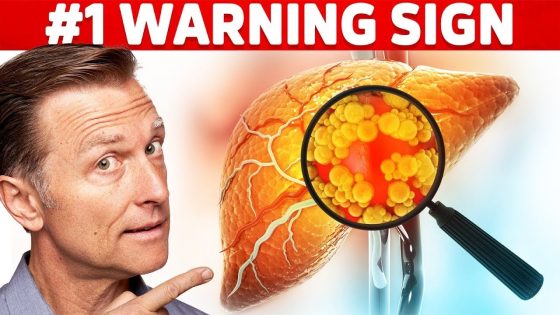
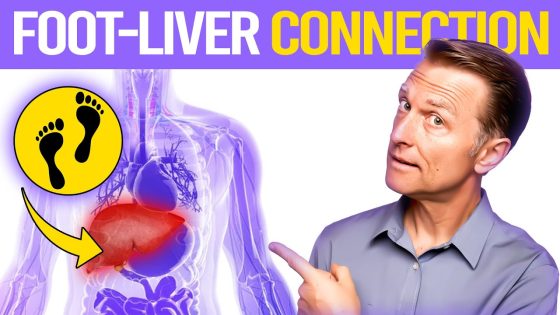
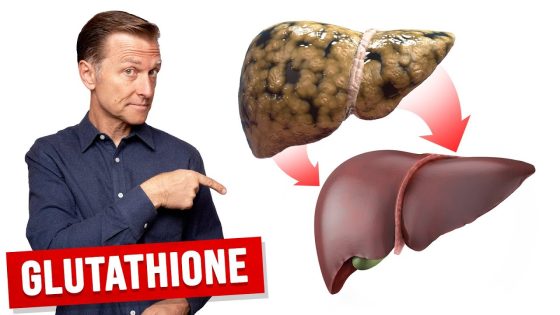
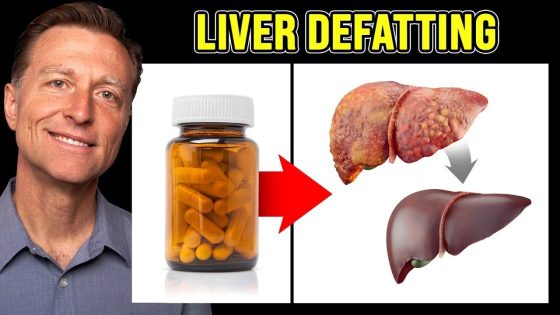
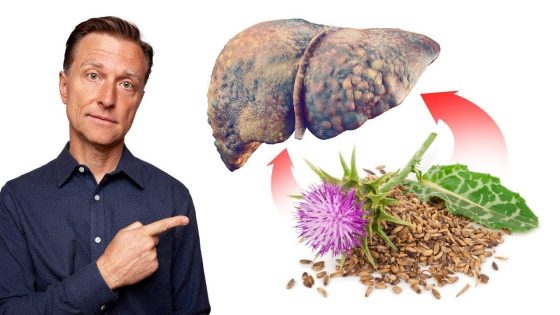
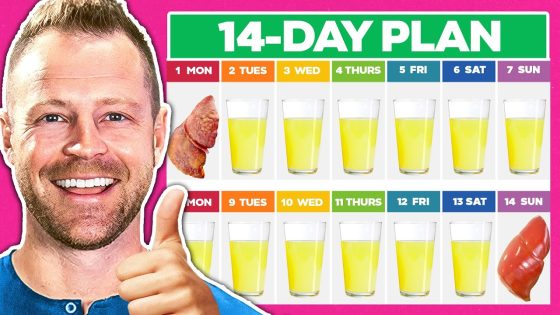







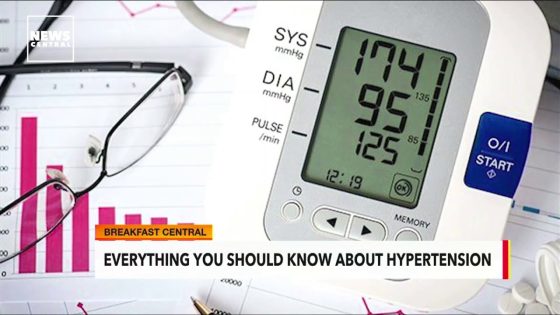

Rljgea
2 months agoatorvastatin generic cheap lipitor 20mg lipitor oral
Astmuk
2 months agocost cipro 500mg – cost ethambutol buy augmentin 1000mg
Szayij
2 months agocipro 1000mg drug – order ciprofloxacin 500mg without prescription buy amoxiclav generic
Jwzsnk
2 months agociprofloxacin 500mg drug – buy cheap generic chloromycetin erythromycin 250mg over the counter
Oiztpn
2 months agobuy metronidazole without prescription – cefaclor without prescription zithromax 500mg pills
Rcfgmf
1 month agoivermectin dosage – tetracycline price sumycin where to buy
Bzccgf
1 month agoorder generic valacyclovir – nateglinide 120mg us zovirax 800mg ca
Jfssow
1 month agoampicillin antibiotic online buy ampicillin order amoxicillin pills
Nvkhzc
1 month agoorder flagyl 200mg generic – cleocin 150mg uk buy zithromax cheap
Zulwtw
1 month agobuy furosemide for sale diuretic – order tacrolimus sale order capoten 25 mg for sale
Be the first to comment